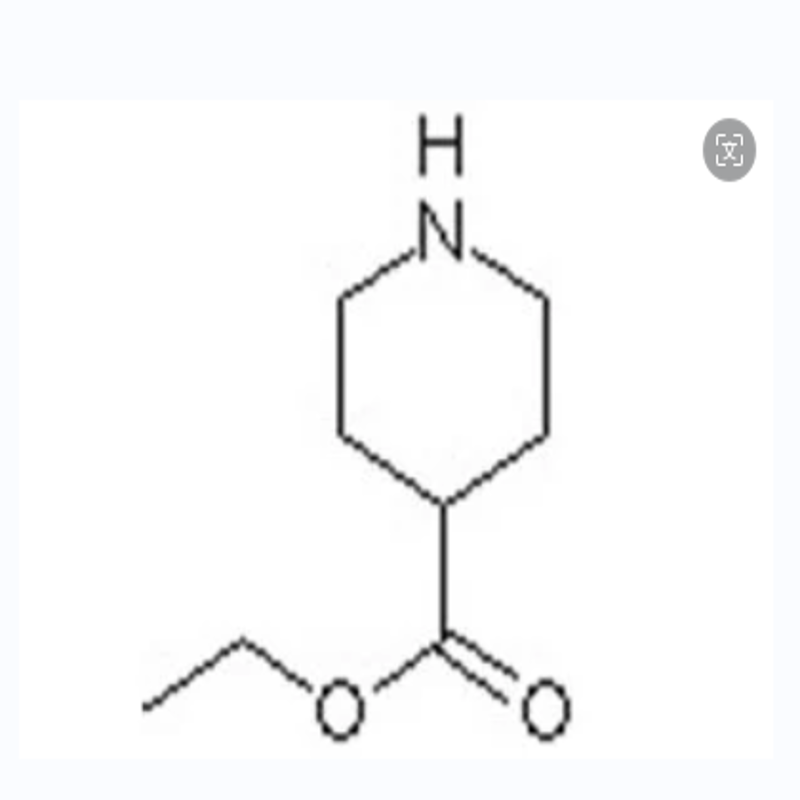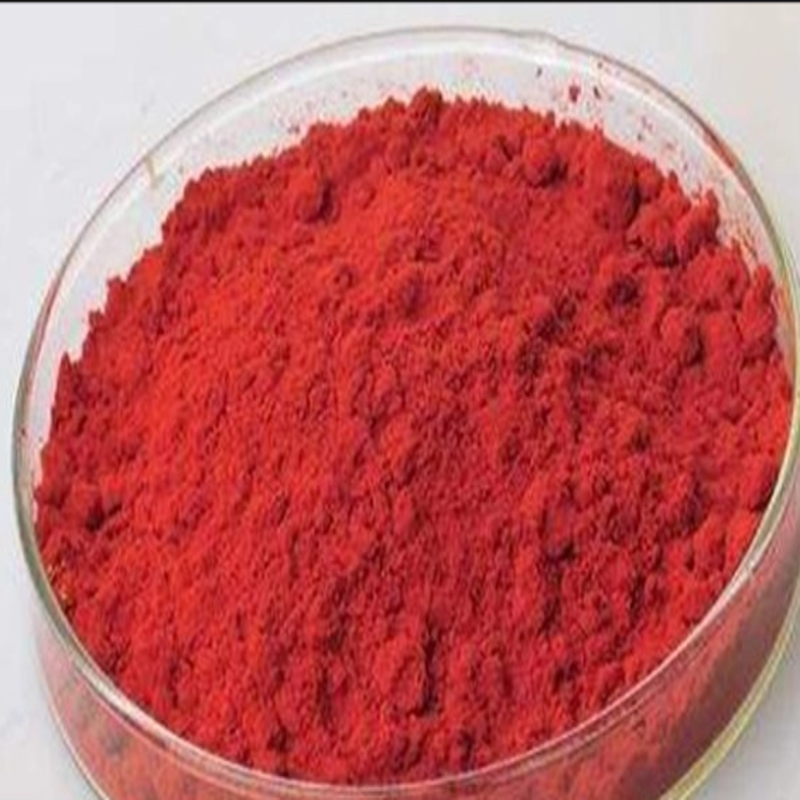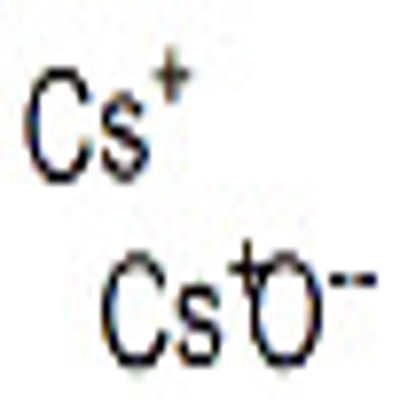-
Categories
-
Pharmaceutical Intermediates
-
Active Pharmaceutical Ingredients
-
Food Additives
- Industrial Coatings
- Agrochemicals
- Dyes and Pigments
- Surfactant
- Flavors and Fragrances
- Chemical Reagents
- Catalyst and Auxiliary
- Natural Products
- Inorganic Chemistry
-
Organic Chemistry
-
Biochemical Engineering
- Analytical Chemistry
- Cosmetic Ingredient
-
Pharmaceutical Intermediates
Promotion
ECHEMI Mall
Wholesale
Weekly Price
Exhibition
News
-
Trade Service
On April 25th the Philippines launched its first public immunization programme against dengue fever for more than 1 million children in the country, the first vaccine to be licensed for dengue in the world. According to the World Health Organization, 390 million people worldwide are currently affected by dengue fever each year.
Pfizer's best-selling product, many people will choose its best-known drug: Viagra, which is used to treat erectile dysfunction, or Lipitor, which lowers high cholesterol. People more familiar with the US pharmaceutical group may refer to its latest "heavy bomb", such as Lyrica, which is used to treat pain.
fact, Pfizer's best-selling product is a vaccine called Prevnar, which is used to prevent pneumonia, meningitis and other infections caused by pneumococcal bacteria.emerging markets grew
last year, with revenues of $6.25 billion, almost three times that of Van Eyco. That's a 40 percent increase from the previous year, and the increase in sales is so large because a panel of experts that advises on U.S. vaccine policy recommends that the vaccine be used in children and people over 65.
vaccines play a big role in front-line health care, they are not on the priority list for the pharmaceutical industry. Because traditionally, the pharmaceutical industry has focused more on treating diseases than on prevention. But the commercial success of Pei's showed that vaccines can be as profitable as drugs.
Pfizer is one of four pharmaceutical companies in the world with a large vaccine industry. The other three pharmaceutical companies are GlaxoSmithKline in the UK, Sanofi in France and Merck in the US. The four companies reported higher growth rates in vaccine sales last year than in general medicines, and that the operating margin of vaccines was comparable to that of generic drugs, at 25 to 30 percent.
several factors contributed to the growth in vaccine product performance. One is that newly industrialized countries such as China have expanded their immunization programmes. In emerging markets, sales of Sanofi's polio and whooping cough vaccines rose 33% year-on-year last year.
, we see tremendous potential in middle-income countries," said Olivier Charmeil, president and chief executive officer of Pasteur, the vaccine division of Sanofi. Many of these countries do not yet have immunization programmes in place in developed countries".
in rich countries, the growth of vaccine markets depends either on finding more vaccine-preventable diseases or on expanding coverage of existing products, as Pfizer has done around Pfizer.
developed countries, the focus of the pharmaceutical industry has shifted mostly to older groups, as children have been widely immunized. Last year, GlaxoSmithKline reported positive clinical trial data on a shingles vaccine, a disease caused by the same chickenpox-shingles virus as chickenpox, most commonly found in people over the age of 70.
Susan Silbermann, Pfizer's president of vaccine operations, says that if the government wants to promote prevention of disease, it should do the same for adults and children, and it's easier to vaccinate against shingles or pneumonia than to end up infecting them.pressure on pricing, drugmakers need to be encouraged
policymakers will be cautious about the pharmaceutical industry trying to impose new cost pressures on a budget-limited health care system. But mr Silberman says the economic benefits of vaccines can easily exceed their prices because the cost of disease can be 30 times higher than the cost of vaccination.
, pricing remains a sensitive topic, especially in developing countries. In March, the medical charity Doctors Without Borders (MSF) launched a challenge to Pye's patent to get Indian companies to produce cheaper versions of the vaccine.
Silberman said Pfizer had offered Pfizer a big discount through GAVI, a global alliance. GAVI mainly provides vaccines to low-income countries. But Dr. Manica Balasegaram, executive director of MSF's "Sick People Have Their Drugs Campaign," says Indian-made pies cost only $6, compared with $10 for Pfizer after discounting. To ensure that children around the world are protected from deadly pneumonia, other pharmaceutical companies need access to the market, says Mr. Bolesegaram.
critics argue that years of consolidation in the pharmaceutical industry have led to a decline in pharmaceutical companies, which have developed fewer vaccines, and that even existing ones tend to target rich countries.
GlaxoSmithKline's acquisition of Novartis's vaccine business further reduced the number of competitors. However, Thomas Breuer, chief medical officer of the company's vaccine division, said such consolidation was necessary to make the industry more efficient. He cites GlaxoSmithKline's newly approved malaria vaccine, the first vaccine against malaria, as evidence that companies that remain in the pharmaceutical industry will offer innovations to both developing and developed countries.
example is Sanofi's newly developed dengue vaccine, which is 20 euros per dose. Jayasree Iyer, executive director of the Access to Drugs Foundation, a non-profit based in Harlem, the Netherlands, said: "Sanofi has done a good job of dealing with dengue fever. We told them that even having a dengue vaccine wouldn't work if you didn't have a plan that would cover a wide range of people.
said Sanofi had invested 1.5 billion euros in the development of dengue vaccines over the past 20 years, so it must be allowed to get a return on its investment or other pharmaceutical companies would not have the incentive to achieve similar breakthroughs. Pfizer has made the same argument for Pye, the latest generation of Pfizer, which is made up of 13 separate vaccines that take two-and-a-half years to produce in each batch.
the complexity of vaccines, and the fact that they are intended for healthy people rather than treating patients, make their quality and reliability particularly challenging, says Mr. Xia. Pharmaceutical companies face more obstacles in vaccines than in other areas of the pharmaceutical industry. (Medical Economics)







